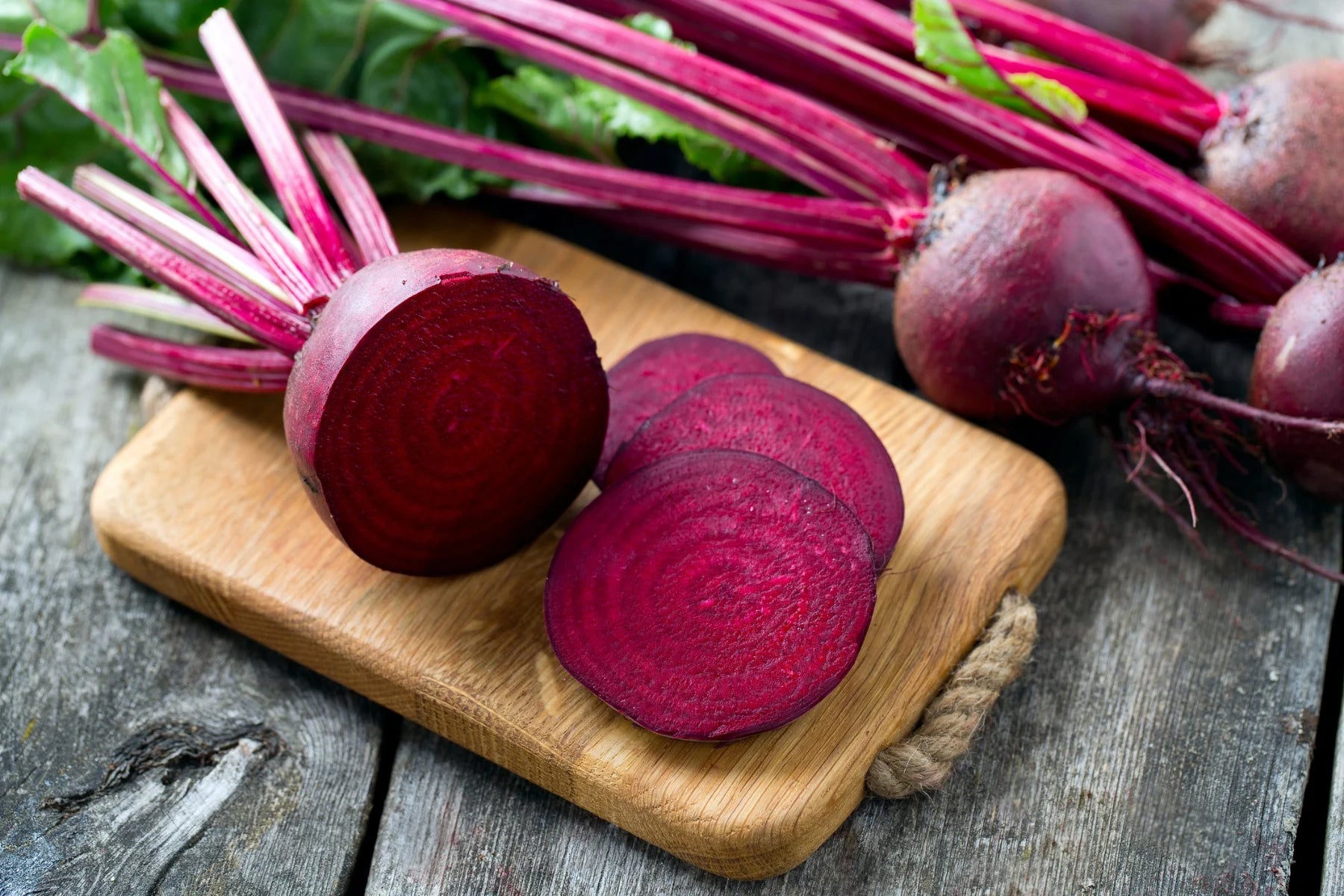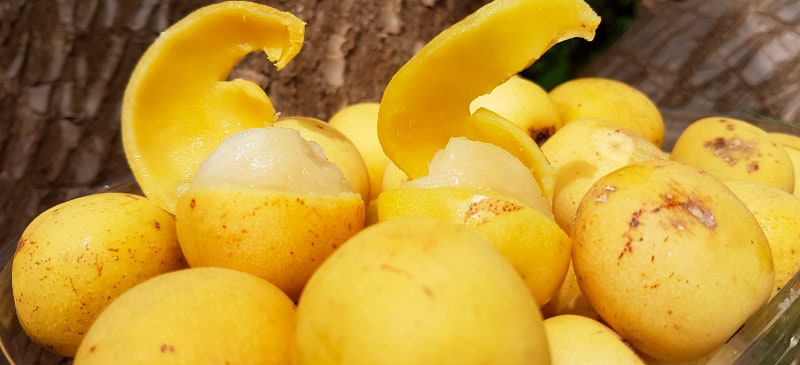
Cloudberry Seed Oil and How It Helps with Acne
What is Cloudberry Seed Oil?
Cloudberry seed oil is a natural oil derived from the seeds of the cloudberry (Rubus chamaemorus), a fruit-bearing plant native to high-latitude regions of the Northern Hemisphere, including the Arctic and sub-Arctic areas. Cloudberry is sometimes referred to as the "northern gold" due to its bright orange berries and is highly prized for its culinary and medicinal uses. Cloudberry seed oil is known for its potential health and skincare benefits and is used in various products for these purposes.
Key characteristics and uses of cloudberry seed oil include:
- Rich in Nutrients: Cloudberry seed oil is a source of essential nutrients, including vitamins, minerals, and antioxidants. It contains vitamins A and C, as well as essential fatty acids, which are beneficial for overall health.
- Antioxidant Properties: The oil is rich in antioxidants, which can help protect cells from damage caused by free radicals. Antioxidants are essential for maintaining skin health and reducing the risk of chronic diseases.
- Skin Health: Cloudberry seed oil is used in skincare products due to its potential benefits for the skin. It is known for its moisturizing and skin-nourishing properties. The oil can help maintain the skin's elasticity, reduce signs of aging, and support the skin's natural ability to heal and defend against environmental damage.
- Anti-Inflammatory: Cloudberry seed oil may have anti-inflammatory properties, which can help soothe irritated skin and reduce redness and swelling associated with various skin conditions, including acne and dermatitis.
- Barrier Support: The oil can contribute to strengthening the skin's natural barrier, which is crucial for maintaining skin health and preventing moisture loss.
- Lightweight Texture: Cloudberry seed oil typically has a lightweight texture that is easily absorbed by the skin, making it suitable for various skin types.
- Culinary Use: Cloudberry seed oil is also used in culinary applications, particularly in Northern European and Scandinavian cuisine. It imparts a unique, slightly tart flavor and can be used in salad dressings, desserts, and other dishes.
When used in skincare products, cloudberry seed oil can provide hydration, promote skin health, and potentially offer anti-aging benefits.
How Cloudberry Seed Oil help with acne:
Cloudberry seed oil offers several potential benefits for individuals with acne-prone skin. It’s high in vitamin C, which brightens the skin and protects against free radical damage. Cloudberry seed oil is also high in ellagic acid, which has been shown to reduce wrinkles. Natural fatty acids work to reduce inflammation and fine lines.
Here's how cloudberry seed oil may help with acne management:
- Rich in Antioxidants: Cloudberry seed oil is abundant in antioxidants, such as vitamin C and vitamin E. These antioxidants help protect skin cells from damage caused by free radicals, which can contribute to inflammation and acne.
- Anti-Inflammatory Properties: Cloudberry seed oil may have anti-inflammatory properties, which can be beneficial for individuals with inflammatory acne. By reducing inflammation, it may help alleviate redness, swelling, and discomfort associated with acne breakouts.
- Supports Skin Barrier: Cloudberry seed oil can assist in strengthening the skin's natural barrier. A robust skin barrier is crucial for protecting against environmental stressors and retaining moisture. When the skin barrier is compromised, it can become more susceptible to inflammation and potential acne breakouts.
- Moisturization without Clogging Pores: Cloudberry seed oil is typically lightweight and easily absorbed by the skin. It can provide hydration without clogging pores, making it suitable for acne-prone skin. Proper skin hydration can prevent pores from becoming congested and reduce the risk of new breakouts.
- Nutrient-Rich: Cloudberry seed oil is rich in essential fatty acids, which can help maintain healthy skin. It also contains vitamins and minerals that support overall skin health.






